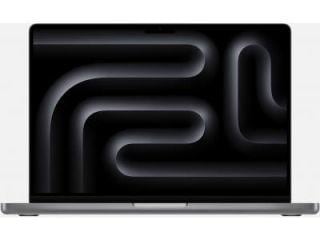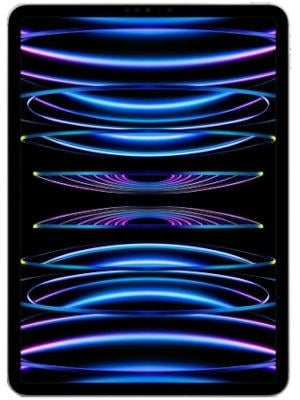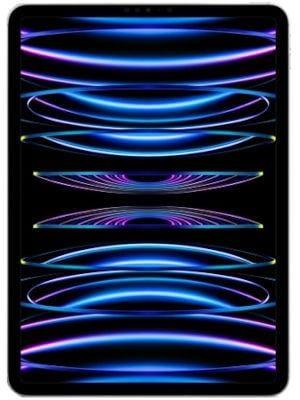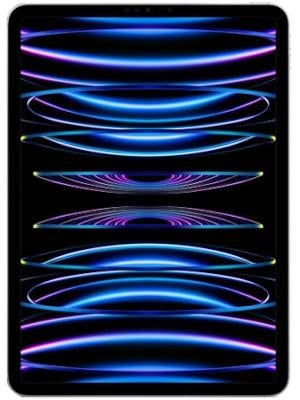Apple knew MacBook displays had ‘flexgate’ defect but sold them anyway, says judge
US District Judge Edward Davila has concluded that Apple knowingly sold MacBook Pro models with the Flexgate display defect in 2016-2017.
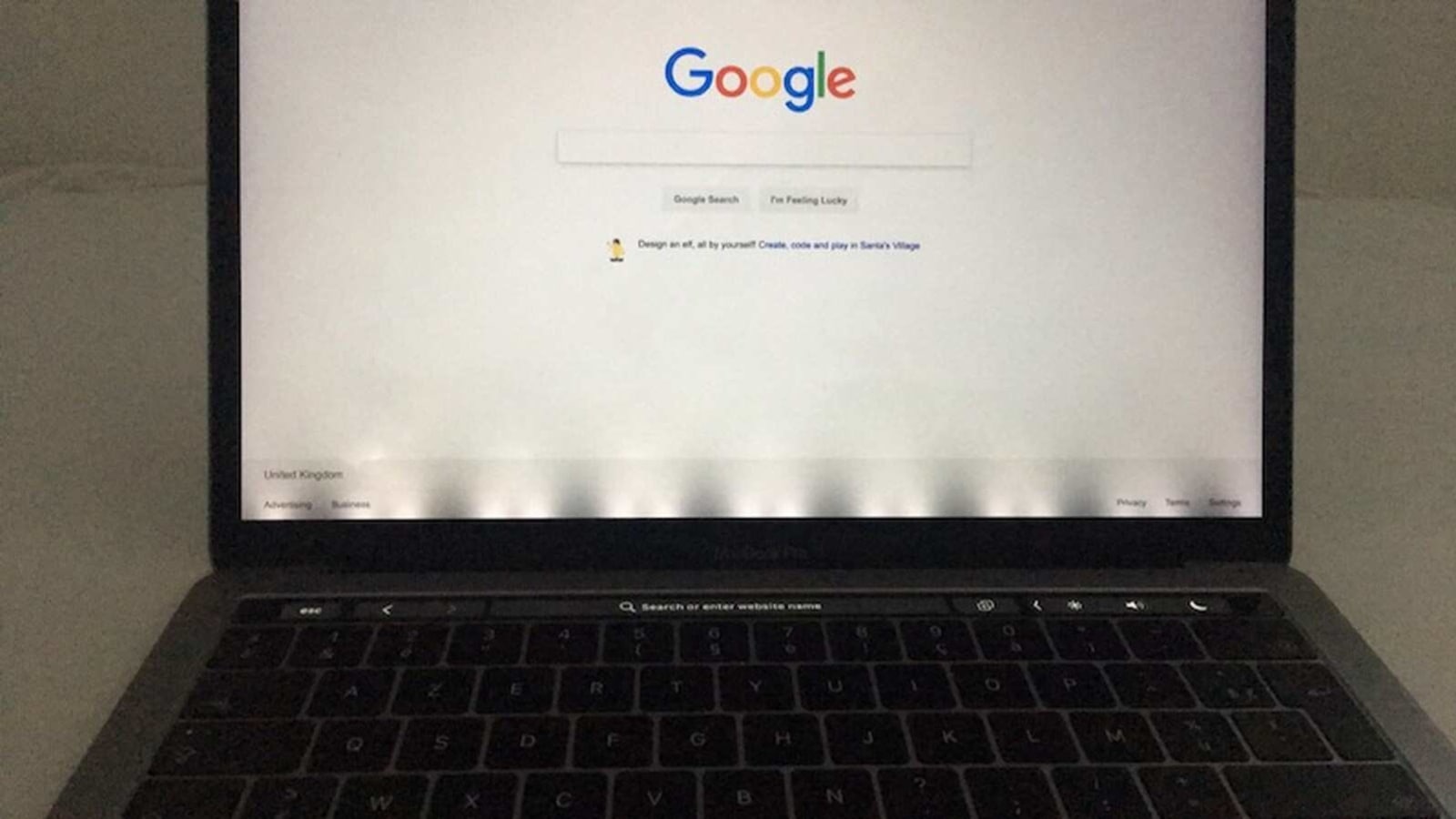
Apple MacBook owners who bought their devices in 2016 and 2017, began to notice a “stage lighting” effect on their laptops in 2019. This issue impacted the screen and pretty much rendered the laptop unusable.
This stage lighting effect was happening due to the weak and fragile flex cable that can experience wear and tear with the laptop being opened and closed repeatedly.
Now, after two years, a judge, who has been presiding over a case filed by a group of consumers accusing Apple of knowingly selling defective laptops, said that Apple would have been alerted about the issue in pre-release testing.
According to a report in Law360, US District Judge Edward Davila sided with the plaintiffs and agreed that testing of the laptops before their release would have informed Apple engineers regarding the issue. So, the company sold the laptops despite knowing about the defect.
Judge Davila determined that the consumers' allegations against Apple conducting intensive pre-release tests, which the consumers say were conducted by a team of reliable engineers who carried out stress tests etc that would have alerted Apple about the defects in the display, “sufficiently demonstrate” that Apple was aware of the issue.
"The court finds that the allegations of pre-release testing in combination with the allegations of substantial customer complaints are sufficient to show that Apple had exclusive knowledge of the alleged defect," the judge wrote.
The plaintiff, Mahan Taleshpour, who is representing a large group of consumers, said that Apple continues to deny that there was ever a defect in the display cables and has also said that the company tried to cover all evidence of “Flexgate”.
According to Talehspour, “Apple deliberately deleted comments and threads from its Apple Support Community Forum, which often serves as a go-to place for crowdsourcing information on potential issues with Apple devices”.
Talehspour has accused Apple of deleting comments that outlined "Flexgate" and the problem with the display.
Davlin has said that the accusation is correct and it will “act as further proof that Apple was aware of the issue”.
If Apple did indeed delete comments from consumers complaining about this particular display issue from the website, this suggests that Apple was aware of the defect.
Apple has been pushing back in this case by saying that Talehspour bought his MacBook Pro in 2017 and used it for more than three years without any issues until the case was filed. And the company has also said that the allegation is based on false assumptions and not “hard-ironed” facts. Apple said that the idea that pre-release testing of the device would have alerted the company of the issue is not accurate.
Alexander Wheeler, who is an attorney for the case, said that the plaintiffs are "naturally pleased" with the judge's current stance on the issue and the decision to allow the case to move forward.
"Those thin cables stretch and wear out as consumers open and close their laptops," Wheeler said.
"As those thin cables tear, the laptop display screens — which Apple touts as the 'best Mac display ever' — stop working long before the expected life of an expensive Apple laptop,” he added.
With the MacBook Pros released in 2018, Apple fixed this issue by putting in a longer and stronger flex cable in the display to reduce the chances of wear and tear.
Catch all the Latest Tech News, Mobile News, Laptop News, Gaming news, Wearables News , How To News, also keep up with us on Whatsapp channel,Twitter, Facebook, Google News, and Instagram. For our latest videos, subscribe to our YouTube channel.

